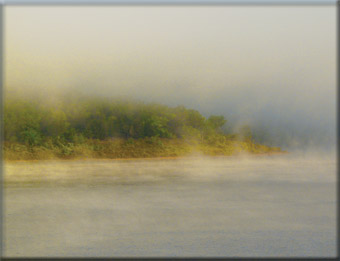Surviving grief, looking for a path back home
The stillness of my apartment is deafening. I wake to the sun beating through my blinds and the drone of the air conditioner echoing my loneliness. My day feels as empty as my insides. I’ll reach out, call a friend, run some errands, do some work. But the path is solitary. The grief is mine and mine alone.
I slip on a baseball cap and my light green tennis shoes and head out the door. I walk and I walk and I walk. The tears well up. I fight them back. See how the sun filters through the leaves? How the hot pink gladiolas arch their backs? How that little boy creates his own joy, chasing wildly after each new batch of bubbles blown into the summer haze?
Sadness is not so easily deceived. The back of my throat burns. The singe lingers with every swallow, every speck of grief I try to bury. At night, alone in my bed, the weight of a life not fully lived chains me to my grief. Tears cascade. My body shakes. Sadness is undeterred. It is my lover, my constant companion. It meets me at my pillow and sits with me each morning at my table. It doesn’t knock on the door asking to come in. It just stands in my living room and waits to be acknowledged.
Restless and irritable all day, I finally drive to the lake. The late afternoon sun hangs low in the sky. I kick off my shoes and walk toward the shore. Parents call their children. A couple rests in each other’s arms. I sit and listen to the waves whispering to the sand as they roll in and out, in and out, in and out. I want to know the secret to their serenity.
I fight the stillness most days. Distraction is infinitely easier than staring down into a bottomless well. I scan the horizon and feel adrift. Tiny waves ripple in and out. I trace my fingers over the moist sand, spelling out my name over and over again, desperately trying to anchor my life in some tangible way and watching it slowly wash away.
Some years ago I took a course on prayer. We sampled different types and styles. It was the first time in my Catholic upbringing that I learned how to be still, how to quiet my thoughts, how to sit in silence for 20 minutes and do nothing more than try to listen to God’s voice. That, I learned, is the intention of prayer: to make room for God’s voice in your life, to let the stillness be your guide.
When I was little, waiting for my brothers to come home from school, I’d pull out my training wheels and ride to the corner. I’d look down the street for a gaggle of swinging lunch boxes and then turn and race back home. I knew every inch of that sidewalk, every crack in the asphalt driveway, every grease stain on the bottom of the carport. At four years of age, I knew how to find my way home. I practiced it over and over again, every afternoon, waiting for my brothers.
That path home, the driveway back to myself, that’s what prayer has become for me. It’s believing you can’t stay lost forever and making a conscious choice to honor the wisdom buried within. The hardest part is the practice. I’m still working on that. Most days I negotiate with God. I argue. I set and reset my terms. It’s a monologue, not a conversation. And today is no exception.
The stillness of the lake reminds me of a sermon I heard the week before. The priest walked down the aisle, challenging us to think about all the things we wish we had answers for—abortion, divorce, drugs—the list can go on and on. He admitted he didn’t have any solutions but argued that pat answers in their oversimplification—“Just say no” or “Everything happens for a reason”—are often more destructive than helpful. “But the moment we say, ‘I don’t know’ to God, that’s the moment we begin to let God into our lives. That’s the beginning of the healing process.”
I exhale, not realizing I’d been holding my breath. His words settle deep in my belly. They remind me of the gospel, of the boat tossing and turning on the open water, of Jesus sleeping soundly until the disciples, mad with anxiety, wake him. They don’t know what to do. Jesus rises. He calms the sea. He silences the wind. He tells his disciples to be still. “Why are you so afraid?” he asks. “Why do you not trust?”
I push myself up, dust off all the clumps of sand, and head toward home. Halfway across the beach, I turn back. Staring out into the calm blue waters, I stand still and pray for the day when sadness will pack its bags and leave. The tide rolls out again, only this time carrying my words, “I don’t know, God. I don’t know.”














Add comment